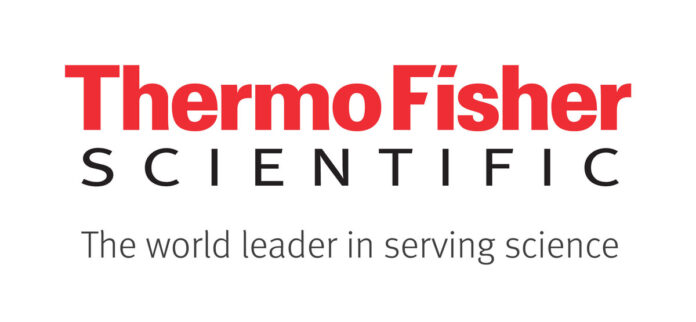CARLSBAD, Calif.– Thermo Fisher Scientific, the world leader in serving science, today announced the launch of its CE-IVD marked Applied Biosystems TaqPath Seq HIV-1 Genotyping Kit, a Sanger sequencing-based assay that examines positive samples of human immunodeficiency virus (HIV) to identify genetic variants that may resist common antiretroviral therapeutics.
Data derived from the test can help to serve as a critical tool to monitor and help treat HIV-1-infected individuals, as well as inform epidemiologic and genetic surveillance studies to track the ongoing evolution of the virus. Using HIV RNA extracted from plasma or dried blood spots, the assay is designed to analyze genomic mutations in the protease, reverse transcriptase and integrase regions of the HIV-1 pol gene across nine subtypes of global significance.
Antiretroviral drug resistance testing is needed since greater than 10% of treatment-naïve adults, and about half of newly diagnosed infants, show resistance to first-line drug classes. Resistance is also emerging to the newer class of integrase inhibitor-based drugs, risking diminished effectiveness of these life-saving therapies.1 The enhanced assay design helps provide global clinical and public health laboratories with a standardized, cost-effective tool to help manage the overall progression of HIV care and research, as well as public health strategies in support of the UNAIDS 2030 Fast Track targets.
“Resistance to antiretroviral therapy is an important concern when providing care to people living with HIV,” said Dr. Manoj Gandhi, senior medical director of genetic testing solutions at Thermo Fisher Scientific. “This assay, along with its ability to use either plasma or dried blood spots specimen, fulfills an unmet clinical need that can help better manage people living with HIV with the aim of having them receive more effective therapies.”


